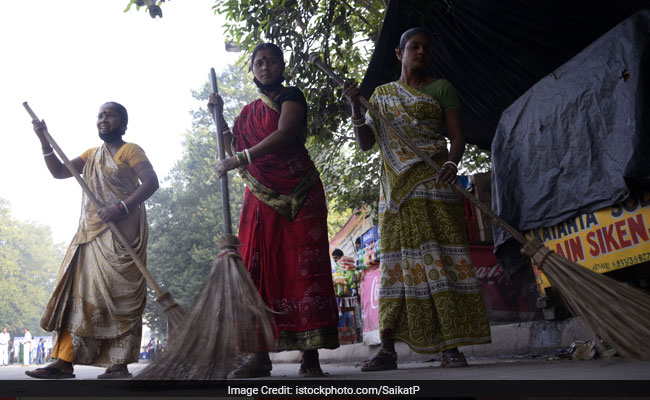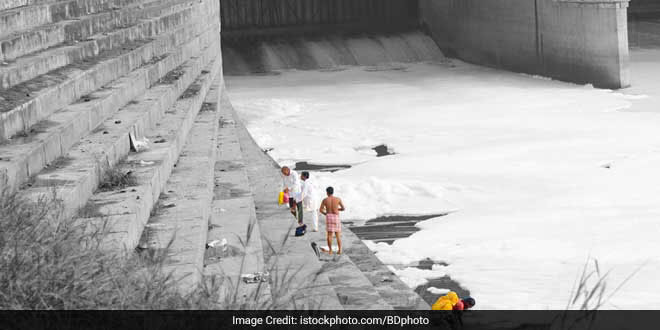
Lack of financial support from respective state governments for years resulted in many STPs in India gradually becoming dysfunctional

India can learn water management from other countries like Singapore to develop a system that ensures balanced use among industry, agriculture and consumers

Delhi High Court observed that the illegal construction of buildings in Delhi is causing intervention in water circulation and sewage system and asked the officials to...

The Delhi High Court said that no one can take wages for work not done in reference to the safai karamcharis of Delhi Municipality who are...

Hygiene Index developed in support of the Central Government’s Swachh Bharat Mission by Reckitt & Benckiser and Ernst & Young, assesses the performance of Indian cities...

Under the National Water Quality Monitoring Programme, the Goa State Pollution Control Board assessed 52 major bodies in Goa from April 2016 to March 2017

Ahead of the monsoon season, the National Green Tribunal has asked civic authorities to clean rain water drains in Vasundhara colony within a period of 10...

The Japanese company along with Odisha’s Water Supply and Sewerage Board (OWSSB) will set up three sewerage treatment plants to treat domestic wastewater in Bhubaneswar and...

According to the Delhi Jal Board, once completed, Interceptor Sewers could reduce pollution in the Yamuna by 60%

A significant number of Delhi's sewage treatment plants run under-capacity. This means that while the city can treat most of its sewage, it is unable to...

It may sound like science fiction, but wastewater treatment plants may turn ordinary sewage into biocrude oil, thanks to this new research which took place at...